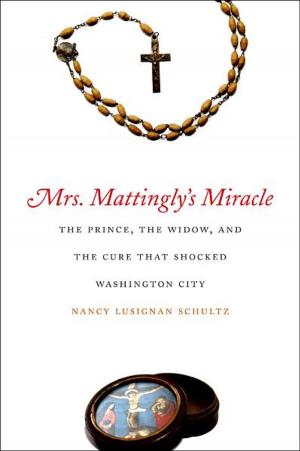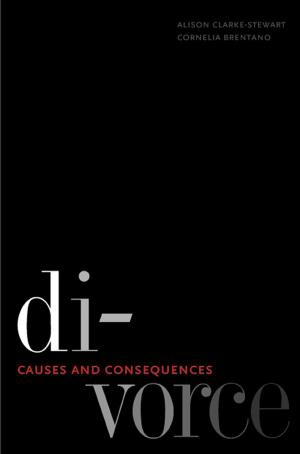| Author: | Professor Ian Ayres, Gregory Klass | ISBN: | 9780300127133 |
| Publisher: | Yale University Press | Publication: | October 1, 2008 |
| Imprint: | Yale University Press | Language: | English |
| Author: | Professor Ian Ayres, Gregory Klass |
| ISBN: | 9780300127133 |
| Publisher: | Yale University Press |
| Publication: | October 1, 2008 |
| Imprint: | Yale University Press |
| Language: | English |
How can a promise be a lie? Answer: when the promisor never intended to perform the promise. Such incidences of promissory fraud are frequently litigated because they can result in punitive damages awards. And an insincere promisor can even be held criminally liable. Yet courts have provided little guidance about what the scope of liability should be or what proof should be required. This book-the first ever devoted to the analysis of promissory fraud-answers these questions. Filled with examples of insincere promising from the case law as well as from literature and popular culture, the book is an indispensable guide for those who practice or teach contract law.
The authors explore what promises say from the perspectives of philosophy, economics, and the law. They identify four chief mistakes that courts make in promissory fraud cases. And they offer a theory for how courts and practitioners should handle promissory fraud cases.
How can a promise be a lie? Answer: when the promisor never intended to perform the promise. Such incidences of promissory fraud are frequently litigated because they can result in punitive damages awards. And an insincere promisor can even be held criminally liable. Yet courts have provided little guidance about what the scope of liability should be or what proof should be required. This book-the first ever devoted to the analysis of promissory fraud-answers these questions. Filled with examples of insincere promising from the case law as well as from literature and popular culture, the book is an indispensable guide for those who practice or teach contract law.
The authors explore what promises say from the perspectives of philosophy, economics, and the law. They identify four chief mistakes that courts make in promissory fraud cases. And they offer a theory for how courts and practitioners should handle promissory fraud cases.















